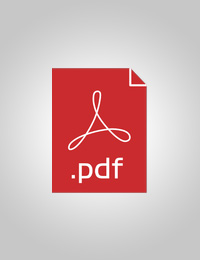
Final Evaluation of the Project Disaster Risk Resilient Livelihoods Recovery
Output 5.2. Effective institutional, legislative and policy frameworks in place to enhance the implementation of disaster and climate risk management measures at national and sub-national levels
Output 6.1. From the humanitarian phase after crisis, early economic revitalization generates jobs and other environmentally sustainable livelihoods opportunities for crisis affected men and women
Output 6.2. National and local authorities /institutions enabled to lead the community engagement, planning, coordination, delivery and monitoring of early recovery efforts
Goal 1. End poverty in all its forms everywhere
Goal 11. Make cities and human settlements inclusive, safe, resilient and sustainable
Goal 13. Take urgent action to combat climate change and its impacts
1.5 By 2030, build the resilience of the poor and those in vulnerable situations and reduce their exposure and vulnerability to climate-related extreme events and other economic, social and environmental shocks and disasters
11.5 By 2030, significantly reduce the number of deaths and the number of people affected and substantially decrease the direct economic losses relative to global gross domestic product caused by disasters, including water-related disasters, with a focus on protecting the poor and people in vulnerable situations
13.1 Strengthen resilience and adaptive capacity to climate-related hazards and natural disasters in all countries
13.2 Integrate climate change measures into national policies, strategies and planning
1: Crisis Prevention & Recovery
2: Others


